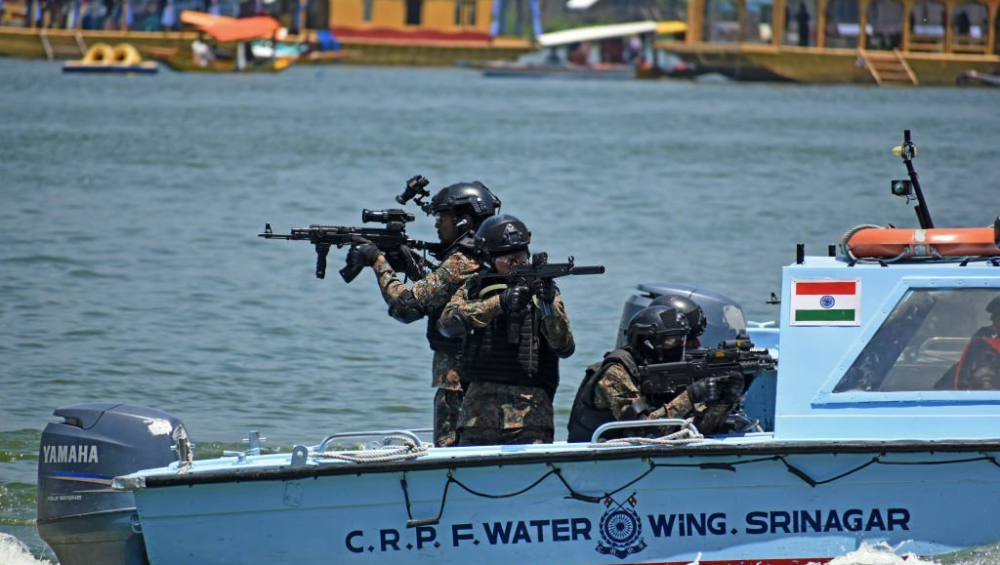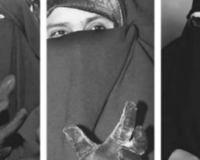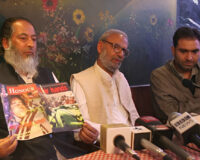The first six months of 2023 January-June saw a new trend of state repression and counterinsurgency operations in the war-trampled region of IOJK. On the ground, the violations of International Human Rights law (IHRL) and International Humanitarian law (IHL) led to appalling human tragedies. International response against these ‘Atrocity Crimes’ was inconsistent, as well as other patterns of egregious violations, some amounting to war crimes and Crimes against humanity. These atrocity crimes include high-handed repression, confiscation of civilian properties, land grabbing and demolition of civilian properties, torture, enforced disappearances, extrajudicial executions, and other series of crimes against Kashmiris. Human rights defenders and journalists often bore the brunt of India’s excessive use of force and repressive policies. The occupying authorities use anti-terror laws to criminalize the work of human rights organizations, civil societies, socio-religious organizations, and digital media networks in the IOJK. These anti-terror laws supersede the universal safeguards guaranteed under UDHR, ICCPR & other international conventions.
Our on-ground research revealed evidence of the increasing ‘Atrocity crimes’ against the civilian population and severe harm that arise from the transitional phase of settler colonialism, to change the demography of UN-recognized disputed territory. Post August 05, 2019, the occupying authorities bypassed the regulation pursuant to health and environment which is making the occupying state vulnerable. There is a pressing need for bolder action to tackle the health and environment crisis in the Himalayan region of South Asia under a prolonged military occupation of India.






